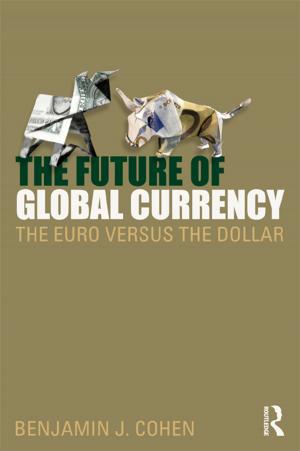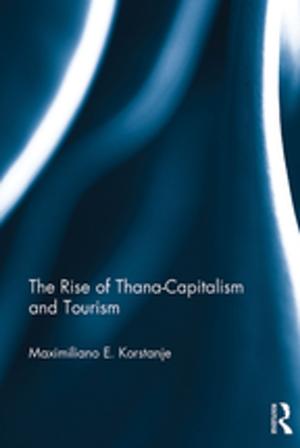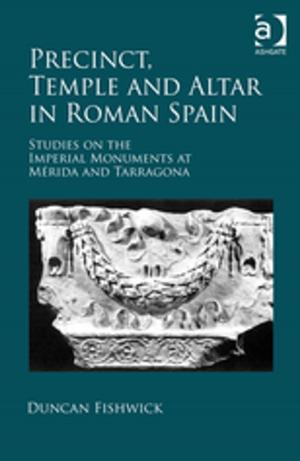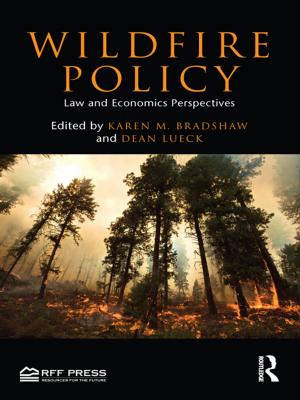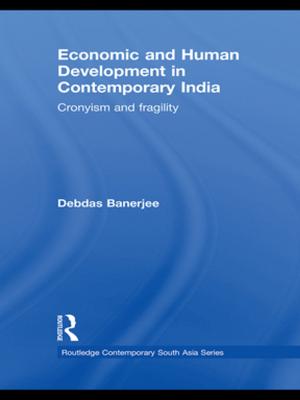Post/Colonialism and the Pursuit of Freedom in the Black Atlantic
Nonfiction, Social & Cultural Studies, Social Science, Discrimination & Race Relations| Author: | ISBN: | 9781351667807 | |
| Publisher: | Taylor and Francis | Publication: | January 19, 2018 |
| Imprint: | Routledge | Language: | English |
| Author: | |
| ISBN: | 9781351667807 |
| Publisher: | Taylor and Francis |
| Publication: | January 19, 2018 |
| Imprint: | Routledge |
| Language: | English |
Post/Colonialism and the Pursuit of Freedom in the Black Atlantic is an interdisciplinary collection of essays of wide historical and geographic scope which engages the legacy of diaspora, colonialism and slavery.
The contributors explore the confrontation between Africa’s forced migrants and their unwelcoming new environments, in order to highlight the unique individual experiences of survival and assimilation that characterized Atlantic slavery. As they focus on the African or Afro-diasporan populations under study, the chapters gauge the degree to which formal independence, coming out of a variety of practices of opposition and resistance, lasting centuries in some cases, has translated into freedom, security, and a "good life."
By foregrounding Hispanophone, Lusophone, and Francophone African and Afro-descendant concerns, over and against an often Anglo-centric focus in the field, the book brings a more representative approach to the area of diaspora or Black Atlantic studies, offering a more complete appreciation of Black Atlantic cultural production across history and across linguistic barriers.
Post/Colonialism and the Pursuit of Freedom in the Black Atlantic is an interdisciplinary collection of essays of wide historical and geographic scope which engages the legacy of diaspora, colonialism and slavery.
The contributors explore the confrontation between Africa’s forced migrants and their unwelcoming new environments, in order to highlight the unique individual experiences of survival and assimilation that characterized Atlantic slavery. As they focus on the African or Afro-diasporan populations under study, the chapters gauge the degree to which formal independence, coming out of a variety of practices of opposition and resistance, lasting centuries in some cases, has translated into freedom, security, and a "good life."
By foregrounding Hispanophone, Lusophone, and Francophone African and Afro-descendant concerns, over and against an often Anglo-centric focus in the field, the book brings a more representative approach to the area of diaspora or Black Atlantic studies, offering a more complete appreciation of Black Atlantic cultural production across history and across linguistic barriers.



